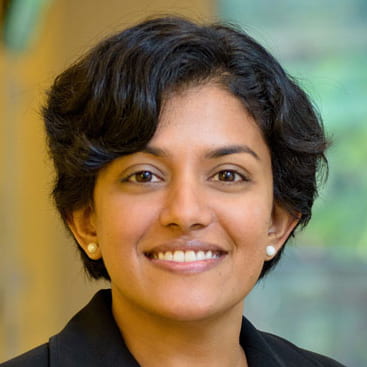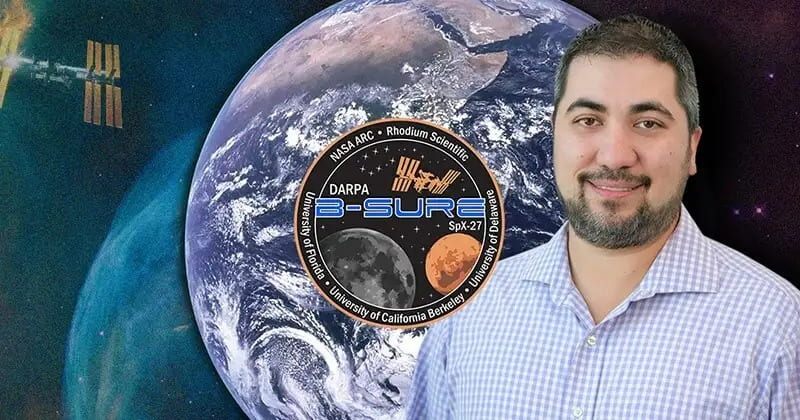News
For the Record
College of Engineering professor and DSI Faculty Council member Arthi Jayaraman has been named a fellow of the Royal Society of Chemistry, a designation that recognizes significant experience, expertise and commitment to promoting the value of chemical science.
Star Power
DSI fellow Tatiana Acero-Cuellar is developing an artificial intelligence tool to rapidly analyze images captured by the Vera C. Rubin Observatory and home in on exploding stars and other cosmic objects of interest.
For the Record
DSI affiliated faculty member Mark Blenner has been appointed to the inaugural Early Career Researcher Editorial Board of Biotechnology and Bioengineering. The board will explore current and future directions in bioengineering, elevate emerging perspectives and foster collaboration.
For the Record
DSI Infrastructure Working Group member Tracy Shickel, associate vice president for corporate engagement, is among several members of the UD community named to the Delaware Business Times list of Delaware’s 222 influential business, nonprofit and civic leaders for 2026.
For the Record
DSI affiliated faculty member Daniel Harris, assistant professor of epidemiology, spoke at the Gerontological Society of America’s (GSA) 2025 Annual Scientific Meeting in Boston in November. His presentation was entitled, “Evaluation of the Choose Home Intervention to Reduce Health Services Use and Promote Aging in Place.”
Faculty Honors
DSI Resident Faculty member Federica Bianco and DSI Affiliated Faculty member Alyssa Lanzi were recognized for scholarly excellence at the December Faculty Senate meeting.
The Excellence in Scholarly Engagement Award is given to a faculty member who has distinguished themselves in teaching, research, creative activities and/or service that engages the community in a reciprocal relationship. The Mid-Career Excellence in Scholarship Award recognizes excellence in research, scholarship and creative endeavors.
For the Record
DSI Faculty Council member Thomas M. Powers, director of the Center for Science, Ethics & Public Policy associate professor of philosophy and the Biden School of Public Policy and Administration, and lead of the Ethics Working Group of the First State AI Institute, is part of a group of international researchers who recently coauthored “Roadmap for Responsible Robotics”, published in IEEE Robotics and Automation.
Building Trust in Medical AI
With support from the National Science Foundation, DSI Resident Faculty member Rahmat Beheshti is exploring how to evaluate, and ultimately improve, the reliability and fairness of AI in medicine.
Finding the Right Balance
DSI affiliated faculty member Daniel Harris, assistant professor of epidemiology at UD, and co-principal investigator Kaley Hayes of Brown University, have been awarded $2.6 million from the National Institute on Aging to study blood pressure treatment strategies in nursing homes.
Crab Pot Cleanup
Lost or abandoned crab pots pose both environmental and navigational risks as they litter the seafloor, damage boat propellers and trap marine life. At an event hosted by UD’s Delaware Sea Grant, volunteers scooped 120 crab pots out of the Indian River. The event was led by DSI Faculty Council member Art Trembanis, professor in UD’s School of Marine Science and Policy and Brittany Haywood, coastal ecology specialist.
Our Mission
The Institute aims to accelerate research in data science, serving as a nucleating effort to catalyze interdisciplinary research collaborations across fields impacting our society.










